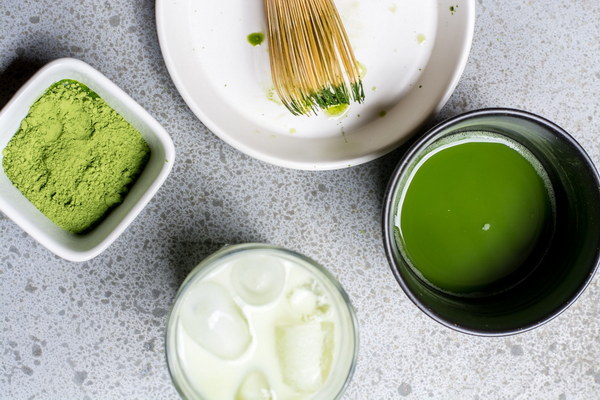Unlocking the Secret to Youth The Science Behind Molecular Collagen and Anti-Aging
In the relentless pursuit of eternal youth, the quest for effective anti-aging solutions has been a top priority for scientists and skincare enthusiasts alike. One such groundbreaking discovery has been the utilization of molecular collagen in anti-aging treatments. This article delves into the science behind molecular collagen and its potential to revolutionize the anti-aging industry.
Collagen, a natural protein found in the human body, is responsible for maintaining the elasticity, strength, and hydration of our skin. However, as we age, the production of collagen diminishes, leading to the visible signs of aging such as wrinkles, fine lines, and sagging skin. To combat this, the concept of molecular collagen has emerged as a promising solution.
Molecular collagen refers to the smallest form of collagen that can penetrate the skin's surface and reach the dermal layers where it is needed the most. This form of collagen is more easily absorbed by the body, making it an ideal ingredient for anti-aging skincare products.
The science behind molecular collagen's anti-aging properties is quite fascinating. When applied topically, molecular collagen stimulates the body's natural collagen production. This, in turn, results in improved skin elasticity, reduced fine lines, and a more youthful appearance.
One of the key reasons why molecular collagen is so effective in anti-aging treatments is due to its ability to boost the skin's hydration levels. As we age, the skin loses its ability to retain moisture, leading to dryness and wrinkles. Molecular collagen helps to replenish the skin's moisture barrier, making it look plump and supple.
Moreover, molecular collagen has antioxidant properties that protect the skin from environmental damage, such as UV radiation and pollution. By neutralizing harmful free radicals, molecular collagen helps to prevent premature aging and maintains the skin's overall health.

Several studies have been conducted to evaluate the effectiveness of molecular collagen in anti-aging treatments. One study published in the Journal of Clinical and Aesthetic Dermatology found that participants who used a skincare product containing molecular collagen experienced significant improvements in skin elasticity, hydration, and overall appearance.
Another study conducted by the University of California, San Diego, demonstrated that molecular collagen could stimulate the production of new collagen fibers in the skin, leading to a reduction in the appearance of wrinkles and fine lines.
While molecular collagen is a highly effective anti-aging ingredient, it is important to note that it is most effective when combined with other anti-aging ingredients. For instance, when molecular collagen is paired with peptides, vitamins, and antioxidants, the results can be even more impressive.
In conclusion, molecular collagen is a game-changer in the world of anti-aging skincare. Its ability to stimulate the body's natural collagen production, boost skin hydration, and protect the skin from environmental damage makes it an invaluable ingredient for anyone looking to maintain a youthful appearance. With ongoing research and development in the field, it is likely that molecular collagen will continue to play a significant role in the anti-aging industry, helping us all to unlock the secret to youth.









